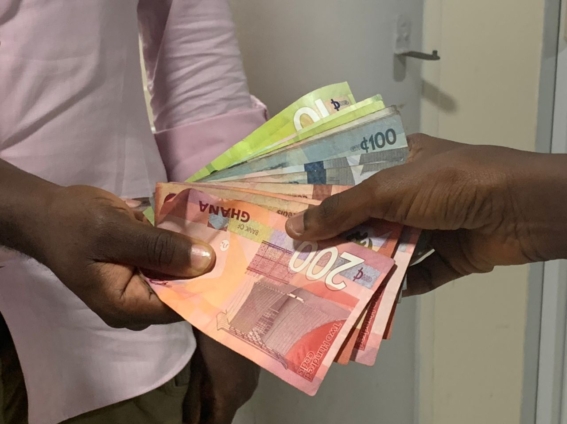Nearly 1 in 5 Ghanaians paid bribes for public services in 2024 – GSS Report
A new report by the Ghana Statistical Service (GSS) has revealed that 18.4% of Ghanaians who engaged with public officials in 2024 paid bribes, primarily in cash, to access basic services.
The data, published in the “Governance Series Wave 1 Report”, paints a troubling picture of citizen experience with public service delivery and governance in Ghana.
It also points to a growing sense of disillusionment, with 7 in 10 respondents saying they feel excluded from decision-making and civic participation.
The report further breaks down the prevalence of bribery by gender, location, and disability status:
-
Men were significantly more likely to report paying bribes (68.3%) than women (31.7%).
-
Urban residents accounted for 64.3% of bribery cases, compared to 35.7% in rural areas.
-
Persons with disabilities were also affected. About 21.1% reported paying bribes, with the highest rates among individuals with physical impairments (40.1%) and visual impairments (32.5%).
On the regional level:
-
Greater Accra recorded the highest incidence of bribery at 22.0%, followed by the Ashanti Region with 18.1%.
-
At the opposite end, the Savannah (1.0%) and North East (1.1%) regions reported the lowest cases.
Commenting on the findings, Omar Seidu, Head of Social Statistics at GSS, stressed the urgency for institutional reforms and robust anti-corruption policies.
“The data points to a worrying disconnect between citizens and the institutions meant to serve them. Reducing corruption is not just a legal obligation, it’s a social imperative,” he said.
The report, which underscores the entrenched nature of corruption in public institutions, is expected to guide policymakers, civil society organisations, and governance advocates in designing interventions aimed at promoting transparency, accountability, and citizen engagement across Ghana.


